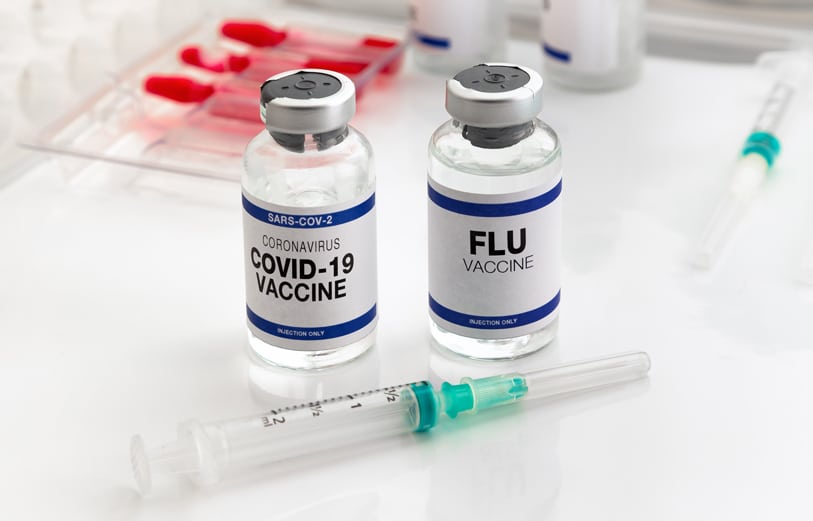First Mosquitoes Testing Positive For West Nile Virus Reported
The Illinois Department of Public Health (IDPH) has confirmed the first mosquitoes to test positive for West Nile virus in Illinois for 2020. North Shore Mosquito Abatement District collected the positive mosquito batch on June 5, 2020 in Evanston, Illinois. No human cases of West Nile virus have been reported so far this year.
“While we continue to battle the COVID-19 pandemic, we must also remember to take steps to protect our health from other illnesses,” said Illinois Department of Public Health Director Dr. Ngozi Ezike. “Getting outdoors is a great way to combat being cooped up, but you need to take precautions to protect yourself from mosquitoes and the viruses they carry by wearing insect repellent and getting rid of standing water around your home.”
Monitoring for West Nile virus in Illinois includes laboratory tests for mosquito batches, dead crows, blue jays, robins and other perching birds, as well as testing sick horses and humans with West Nile virus-like symptoms. People who see a sick or dying crow, blue jay, robin or other perching bird should contact their local health department, which will determine if the bird will be picked up for testing.
West Nile virus is transmitted through the bite of a Culex pipiens mosquito, commonly called a house mosquito, that has picked up the virus by feeding on an infected bird. Common symptoms include fever, nausea, headache and muscle aches. Symptoms may last from a few days to a few weeks. However, four out of five people infected with West Nile virus will not show any symptoms. In rare cases, severe illness including meningitis, encephalitis, or even death, can occur. People older than 60 and individuals with weakened immune systems are at higher risk for severe illness from West Nile virus.
The first mosquitoes to test positive for West Nile virus in 2019 were collected on May 21, 2019 in Wayne, Illinois. Last year, 46 counties in Illinois reported a West Nile virus positive mosquito batch, bird and/or human case. IDPH reported 28 human cases (although human cases are underreported), including one death.






